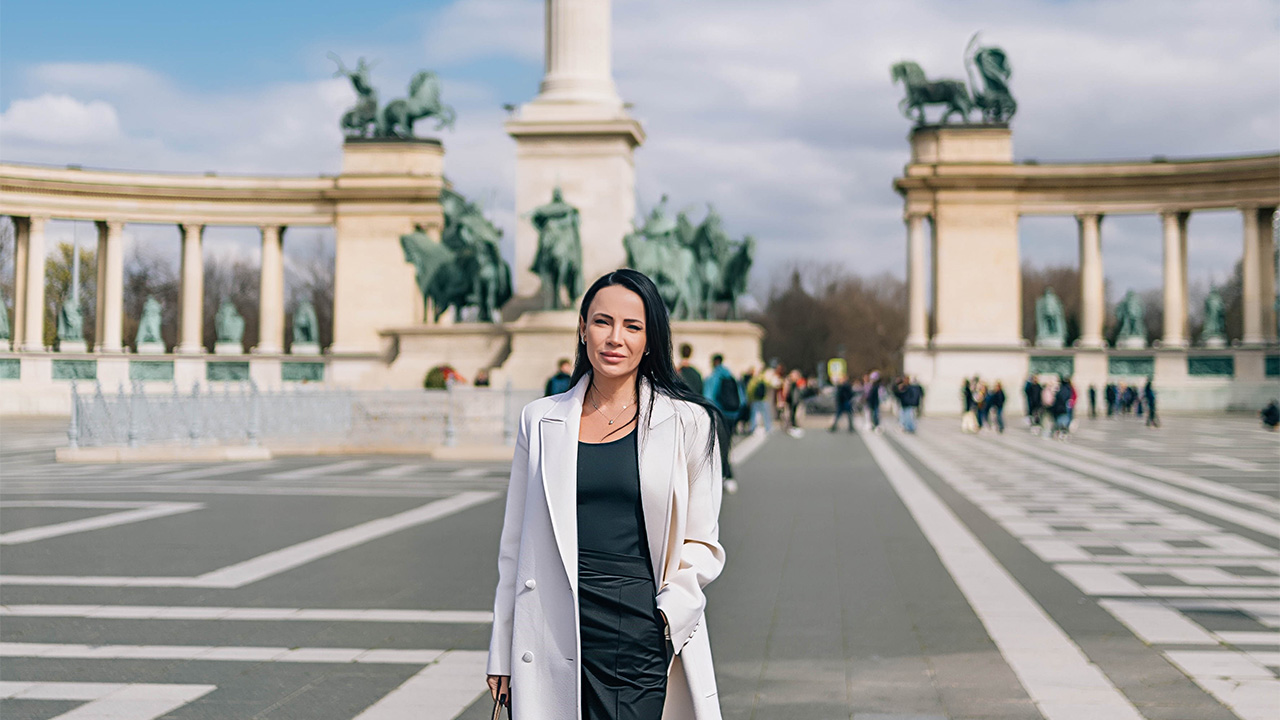
The EU officially started negotiations on the accession of Ukraine and Moldova to the European Union on June 25, 2024. This is a significant step in the process of integration of both countries into the European community. The decision was approved by the EU Council at the beginning of June, and the President of the European Commission, Ursula von der Leyen, officially announced the start of negotiations.
“Today we stand on the threshold of a new era. Accession negotiations are not only a recognition of our efforts, but also a new stage of challenges. We need to continue reforms, especially in the areas of justice and economy, to meet all EU requirements. Joining the European Union will bring significant economic and political advantages, including strengthening the international image and attracting investments, so we still have a lot of work to do,” says Alona Lebedieva, owner of the Ukrainian multi-industry industrial-investment group of companies “Aurum Group”.
This day is historic for Ukraine and Moldova. Until this moment, countries have been working for a long time, introducing reforms in all spheres of public life. Despite the difficult challenges, we have demonstrated an unwavering will to change and improve. However, many challenges lie ahead.
“Accession to the EU will open up new opportunities for our country. This includes access to European markets and new technologies. It will also strengthen security and stability in the region, because the EU is not only an economic, but also a political union that ensures peace, and we are glad that we are getting closer to this important goal, and we believe in a bright future for Ukraine and Moldova in the European Union,” – said Alona Lebedieva.
The start of negotiations on the accession of Ukraine and Moldova to the EU opens a new page in the history of both countries. It is also a significant challenge that requires further efforts in carrying out reforms and improving internal systems. EU membership could give a powerful boost to economic growth, especially after the war, and improve citizens’ quality of life, increasing their confidence in the future.